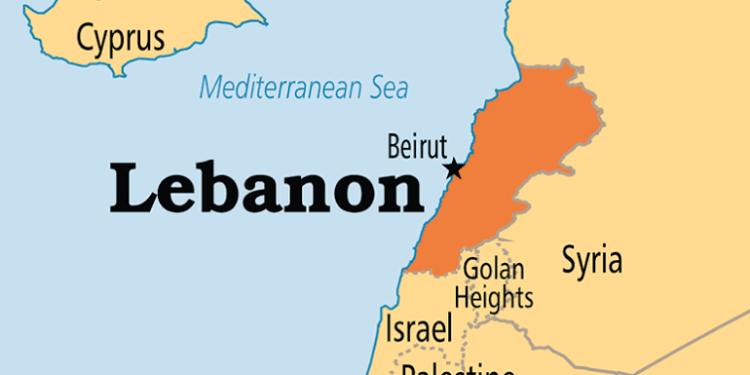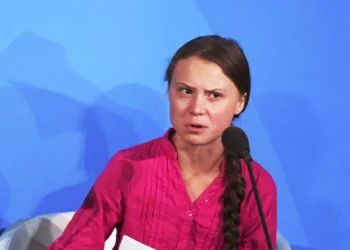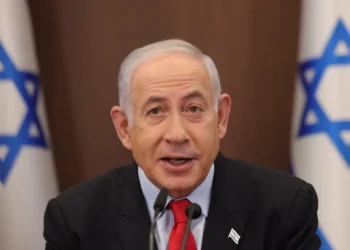U.S. envoy Amos Hochstein has weighed in on the chaotic situation in Syria, suggesting that the rebel advances threatening President Bashar al-Assad’s hold on power are exposing cracks in the militant Lebanese group Hezbollah and their Iranian backers. But in classic Middle Eastern fashion, nothing is ever as straightforward as it seems.
Speaking at a political conference in Doha, Hochstein claimed that Hezbollah, while not eliminated, is undeniably weakened. Even a weakened Hezbollah still manages to maintain its grip on Lebanon. “You can also be weakened and still strong at the same time when it comes to the Lebanese context,” Hochstein remarked. If that statement feels contradictory, welcome to the perplexing realities of geopolitics in the region.

Iran, Assad’s staunch ally in Syria’s protracted civil war, has sent forces, including Hezbollah fighters and Iraqi militias, to prop up the Syrian military. However, Hochstein hinted that Iran might be scaling back its support, though he stopped short of providing specifics.
“It’s going to be harder for Iran to supply Hezbollah with weapons there,” he said. Of course, it’s Iran we’re talking about, so skepticism is warranted. Tehran has denied reports that it is pulling out military personnel, insisting it’s only withdrawing embassy families.
Meanwhile, Hezbollah’s role in Syria seems to be diminishing. Overnight, a small number of its “supervising forces” were dispatched from Lebanon to prevent anti-government fighters from taking the strategic city of Homs, according to senior Lebanese security sources.
The Syrian army’s recent defeats, he noted, were hardly surprising. Unlike 13 years ago, during the height of the civil war, when Iran and Russia intervened in force, Assad’s military now finds itself without the same level of robust external support. The days of decisive Iranian and Russian aid seem like a distant memory, a worrying sign for the Syrian regime and its dwindling grip on power.
The broader implications of these developments are hard to ignore. A weakened Hezbollah might struggle to engage in a full-scale conflict with Israel or continue propping up Assad in Syria.
Yet, its dominance in Lebanon remains unshaken. As Hochstein put it, “It doesn’t take a lot of strength to be a dominant presence in Lebanon.” A backhanded compliment, perhaps, but one that underscores Hezbollah’s adaptability in an ever-changing landscape.
Still, let’s not overlook the irony here. The same group that has faced setbacks in Syria is also the one maintaining control back home in Lebanon. It’s a testament to how deep Hezbollah is in the region’s power dynamics, even when the odds seemed against it. But for how long can they play this dual role of weakened warrior abroad and strongman at home?
As for Iran, its alleged withdrawal from Syria could be a strategic recalibration or a sign of overextension. Either way, the ripple effects on Hezbollah’s operations and the Syrian conflict will be significant. With Assad’s grip loosening and rebel forces making gains, the region may be inching closer to yet again another chapter of uncertainty and instability.















